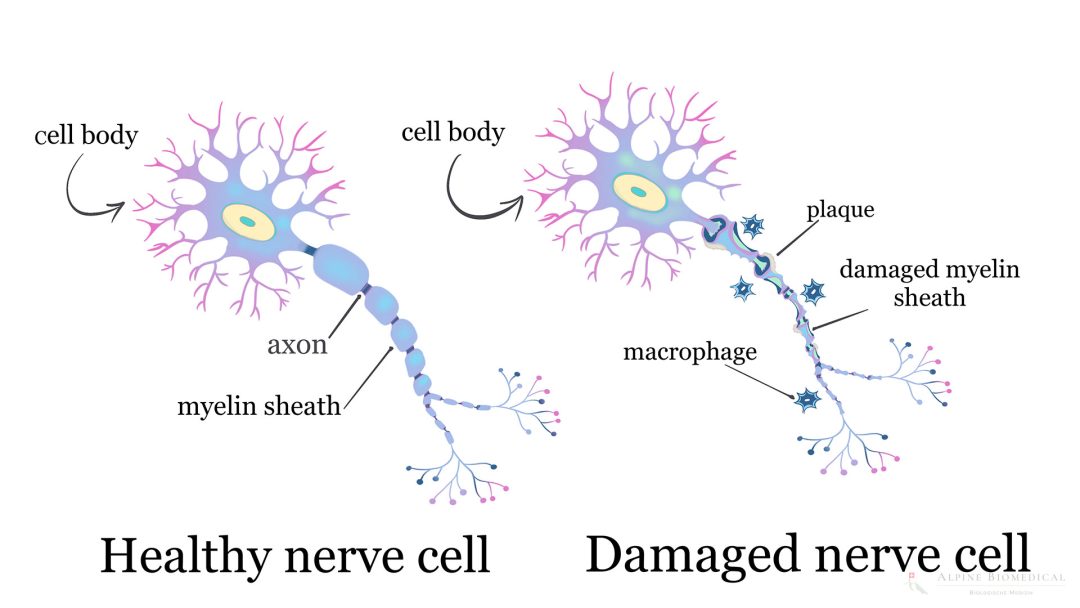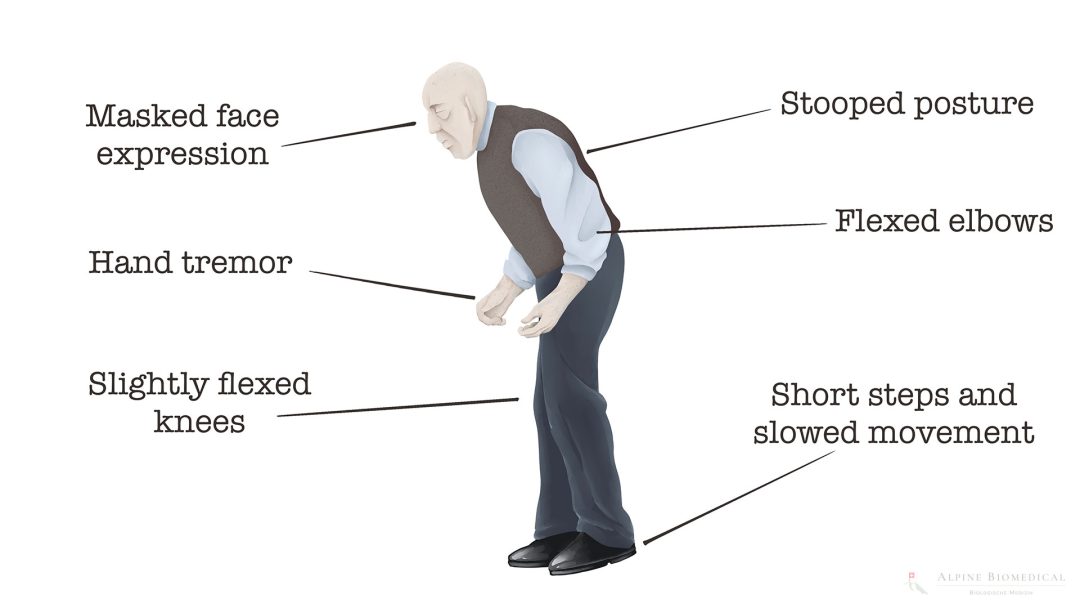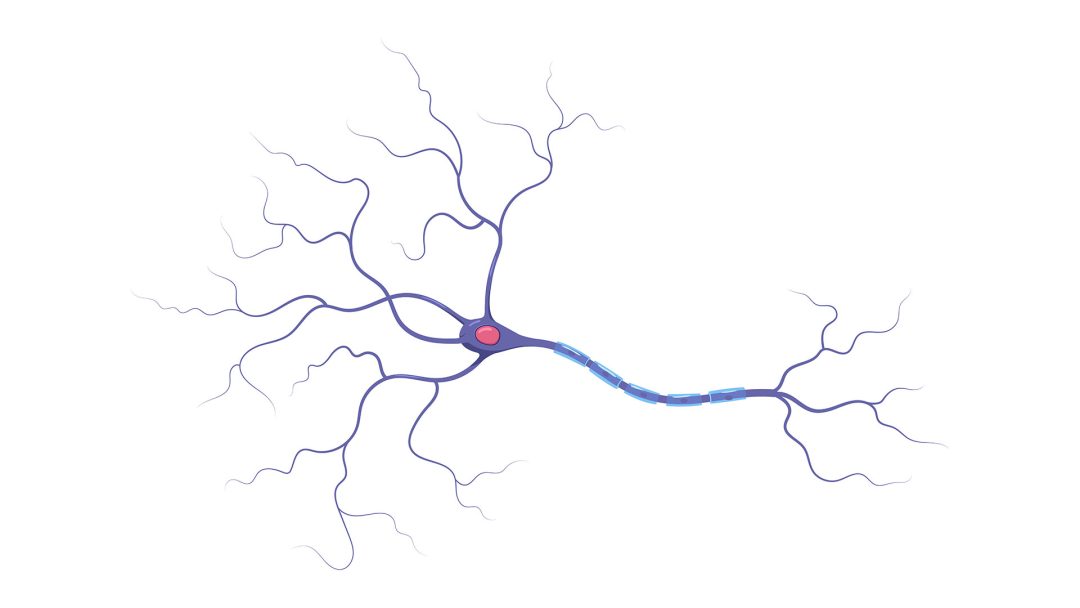Neurological Diseases
Neurological diseases affect the nervous system and can have a variety of effects on physical and mental health. Possible conditions range from headaches and migraines to more serious conditions such as stroke, epilepsy and neurodegenerative diseases such as Parkinson’s and Alzheimer’s.
Learn more about neurological conditions that can commonly affect people:
Restless Legs Syndrome
Restless legs syndrome (RLS) is a neurological disorder characterised by unpleasant sensitive sensations and the urge to move, especially during rest.

Trigeminal Neuralgia
Trigeminal neuralgia is a pain disorder of the trigeminal nerve in which those affected suffer from severe facial pain.

Polyneuropathy
Polyneuropathy is a disease of the peripheral nervous system and can have a variety of causes.

Alzheimer’s Disease
The neurodegenerative disease Alzheimer's is characterised by a breakdown of nerve cells in the cerebral cortex.

Multiple Sclerosis (MS)
Multiple sclerosis often occurs in relapses and can lead to significant destruction of nerve cells.

Parkinson’s Disease
Parkinson's disease can significantly affect the daily lives of those affected. Early therapy is advisable.

ALS – Amyotrophic Lateral Sclerosis
Amyotrophic lateral sclerosis is a rapidly progressive neurodegenerative disease that should be treated by a team of professionals in various medical disciplines.

Diagnosis and Treatment of Neurological Diseases
Diagnostics consists of a thorough neurological examination, supplemented by imaging procedures such as MRI or CT and blood tests.
Therapeutic approaches are wide-ranging and can include drug treatments, physiotherapeutic measures, rehabilitative therapy and, in some cases, surgical interventions.
Integrative medicine sometimes goes one step further, as the cause of the disease is sought and eliminated. For example, many environmental toxins such as mercury (for example from dental fillings), lead (for example from old pipes), pesticides from agriculture and much more can have a nerve-damaging effect and trigger neurological disorders. If these causes are eliminated, the symptoms can be completely or partially reversed. Detoxification with the help of chelation therapy or INUSpheresis can rid the body of toxins such as heavy metals and lead to an improvement.
Intestinal health and the function of the blood-brain barrier also play a decisive role in neurological diseases. Intestinal cleansing and the stabilization of the blood-brain barrier are therefore further important starting points.
All Blog Categories
See all blog categories below.
- Allergies
- Autoimmune Diseases
- Bone and Joint Diseases
- Cancer
- Cardiovascular Diseases
- Chronic Pain
- Dementia
- Detoxification
- Ear Diseases
- Exhaustion
- Gastrointestinal Disorders
- Immune Disorders
- Infectious Diseases
- Inflammation
- Intolerances
- Medication
- Men's Health
- Menopause
- Metabolic Disorders
- Minerals
- Neurological Diseases
- Nutritional Supplements
- Respiratory Diseases
- Skin Cancer
- Skin Diseases
- Thyroid Diseases
- Trace Elements
- Tumor
- Vitamins
- Women's Health




